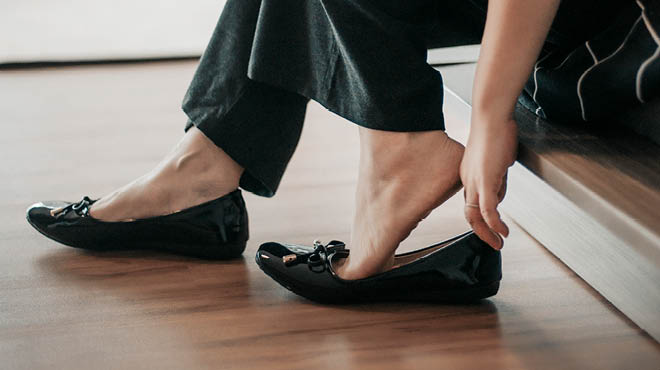Recent Posts
Staying safe in the heat during pregnancy

With summer temperatures soaring, pregnant people must be extra cautious to avoid heat-related health issues. During pregnancy, your body has to work harder to stay cool because you're cooling yourself and your baby.
The body's natural cooling mechanisms already are working overtime during pregnancy, making it more challenging to regulate temperature. This means that pregnant people are more susceptible to heat exhaustion and heat stroke compared to other people.
Heat can be particularly dangerous during pregnancy because an elevated core body temperature can lead to serious complications. You don't want your core body temperature to exceed 102 degrees. Excessive heat can lead to heat stroke or heat exhaustion, which are dangerous for both the pregnant person and the baby.
Hydration is essential
Staying hydrated is one of the most critical steps pregnant people can take to protect themselves in the heat.
Water is always the preferred choice for hydration. Fluids with electrolytes also are beneficial because the body loses sodium and potassium through sweat. It's essential to replace these minerals, especially on hot summer days.
However, not all drinks are created equal. Avoid caffeinated beverages like coffee, soda and certain teas, as they don't provide sufficient hydration. Sports drinks and other sugary drinks shouldn't replace water. Pure water is the best and healthiest option.
Your hydration needs increase during pregnancy, especially in the heat. Pregnant people should drink at least 64 ounces of water daily. Increase that amount if you are spending time in hot weather. It's crucial to stay ahead of your thirst. If you're thirsty, you're likely already lacking necessary hydration.
Understanding heat exhaustion and heat stroke
Understanding the symptoms and risks of heat exhaustion and heat stroke is crucial. Heat exhaustion symptoms include headache, dizziness, confusion, loss of appetite, nausea, extreme thirst and muscle cramps.
If you experience these symptoms, move to a cool area, drink water and place cool towels on your head, neck, armpits and groin. You should start feeling better within 30 minutes.
Heat stroke, a more severe condition, includes symptoms such as high body temperature, not sweating despite feeling hot, shortness of breath, confusion, rapid breathing and seizures.
These symptoms require immediate medical attention. Heat stroke can be life-threatening for both the pregnant person and the baby.
Use these practical tips for staying cool:
- Dress for the heat.
Wear loose, breathable fabrics, such as cotton or moisture-wicking clothes, to stay cool. Avoid tight items that can trap heat and cause discomfort. - Seek shade.
When planning outdoor activities, look for shaded areas or bring an umbrella. Stay under shade trees or use a splash pad to keep cool. If you're near water, submerging your feet can help lower your body temperature. - Recognize the signs of overheating.
Pregnant people should be vigilant about the signs of overheating, which include increased sweating, dizziness, fatigue, unquenchable thirst and muscle cramps. If you experience these symptoms, get out of the sun, hydrate and use cool cloths to lower your body temperature.
Additional precautions include:
- Planning ahead.
Always have an action plan for outdoor activities. Pack extra water and ice packs, and have current medications available. Be aware of the heat index and air quality, especially if traveling. Be prepared to find air conditioning or a shady tree if you feel overheated. - Using technology.
The Centers for Disease Control and Prevention offers a Heat & Health Tracker app, which provides information on heat risk and air quality. This can be a valuable tool for planning your day. You can input your ZIP code and get real-time updates on the heat index and air quality.
Recognize the signs that professional medical help is needed. If you haven't urinated in over 24 hours or if you're experiencing frequent uterine cramps, contact your healthcare team.
Pregnancy is a time of great care and precaution. Summer heat adds a layer of complexity, but pregnant people can enjoy the season safely with the proper planning and awareness. Always prioritize hydration, wear appropriate clothing, seek shade and be vigilant about the signs of overheating.
Abbey Rose is a certified nurse midwife in OB-GYN in Tomah, Wisconsin.





